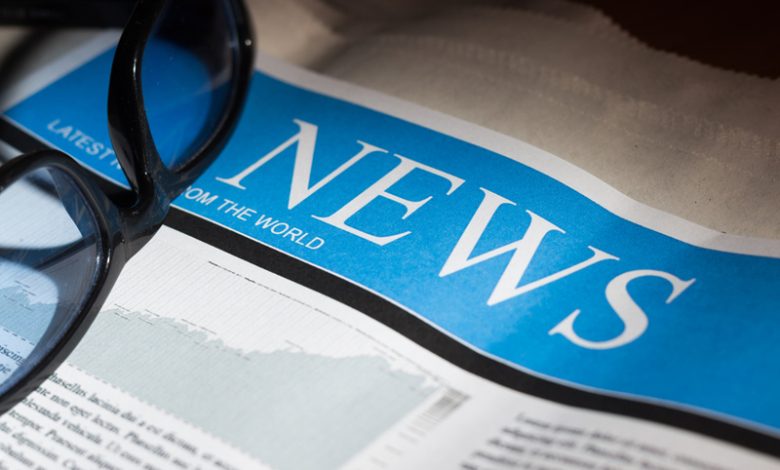
Scholz Warns Against Relativizing NATO’s Mutual Defense Clause Following Trump’s Remarks, Reports Reuters
By Alan Charlish, Sarah Marsh, and John Irish
BERLIN/PARIS – German Chancellor Olaf Scholz expressed concern on Monday over the implications of any weakening of NATO’s mutual defense commitment, labeling such notions as "dangerous" and advantageous solely to Russia. This commentary followed former U.S. President Donald Trump’s recent remarks questioning the fundamental principle of the alliance.
Trump, who is campaigning for reelection, stirred significant backlash among Western allies over the weekend by suggesting that the United States might not defend NATO partners who do not meet minimum defense spending requirements against a possible Russian threat.
During a press conference with Polish Prime Minister Donald Tusk, Scholz stated, "Any weakening of NATO’s guarantee of assistance is irresponsible and dangerous… It is only in Russia’s interest. No one should jeopardize or negotiate with Europe’s security."
Tusk visited Paris and Berlin in efforts to strengthen ties between Europe’s two largest nations as the conflict in Ukraine persists into its third year, particularly with concerns about Trump’s potential return to power.
During a joint statement with French President Emmanuel Macron, Tusk remarked, "There is no alternative to the partnership between Europe, NATO, and the United States when addressing escalating security risks." He also invoked a famous line from Alexandre Dumas’ "The Three Musketeers" to emphasize solidarity among allies.
Tusk stressed the importance of all NATO nations increasing their military funding, independent of Trump’s comments, highlighting the need for Europe to enhance its air defense and ammunition production capabilities within the next year.
Scholz confirmed that Germany will meet NATO’s defense spending goal of 2% of GDP this year and maintain that commitment in the years to come.
Capitals like Warsaw, Paris, and Berlin regard EU unity on defense and a bolstered support for Ukraine as vital, particularly as U.S. assistance wavers due to internal political divisions. A Polish government source emphasized the urgency for Europe to expand its defense industry capacity.
The source also noted the necessity for joint ammunition production, indicating that Poland is now supportive of European "strategic autonomy" to reduce reliance on external defense resources.
The sentiment signals a shift in Polish perspective. Dietmar Nietan, a German official overseeing cooperation with Poland, noted that strengthening European security capabilities is now seen as complementary to a robust NATO.
The previously strained relations between Poland and Germany—complicated by nationalist governance in Warsaw—may improve under the leadership of Tusk, who is viewed as a catalyst for invigorating the "Weimar Triangle," a collaborative framework between Germany, France, and Poland established in 1991.
Scholz affirmed, "Good cooperation between Poland, France, and Germany benefits Europe," expressing intent to maximize this collaborative framework.
Macron welcomed Tusk’s return, appreciating the trust and pro-European stance of the new government regarding security challenges.
A French diplomatic source highlighted the need to revitalize European initiatives, particularly in light of a crucial electoral year for both Europe and the United States. The discussions will likely cover combating Russian disinformation, supporting Ukraine, and reinforcing the European defense sector.
German Foreign Minister Annalena Baerbock remarked that the diverse perspectives of France, Poland, and Germany could help produce constructive proposals for Europe at this critical time.
 GOOGL
GOOGL  META
META 

